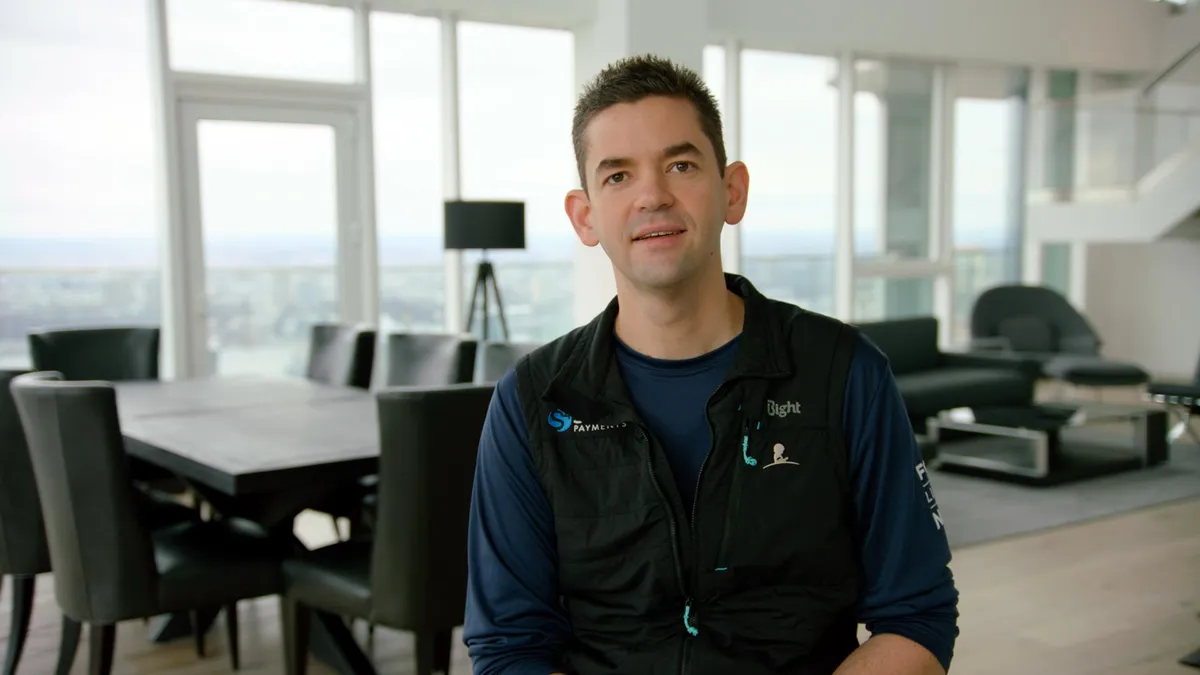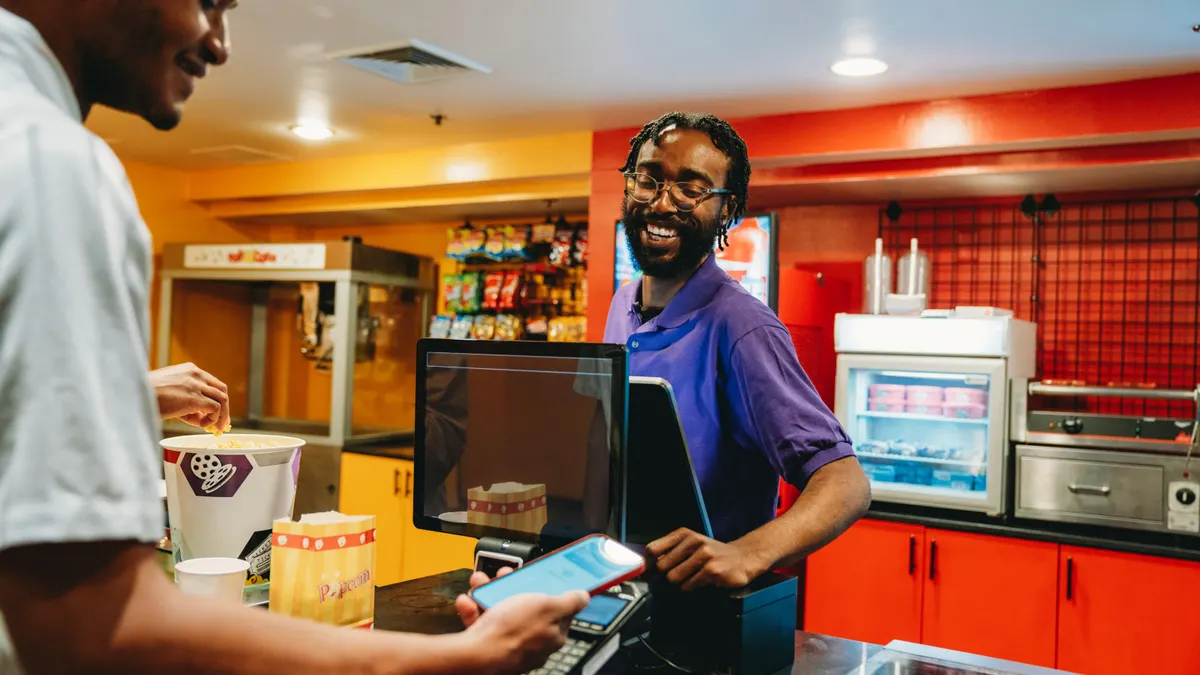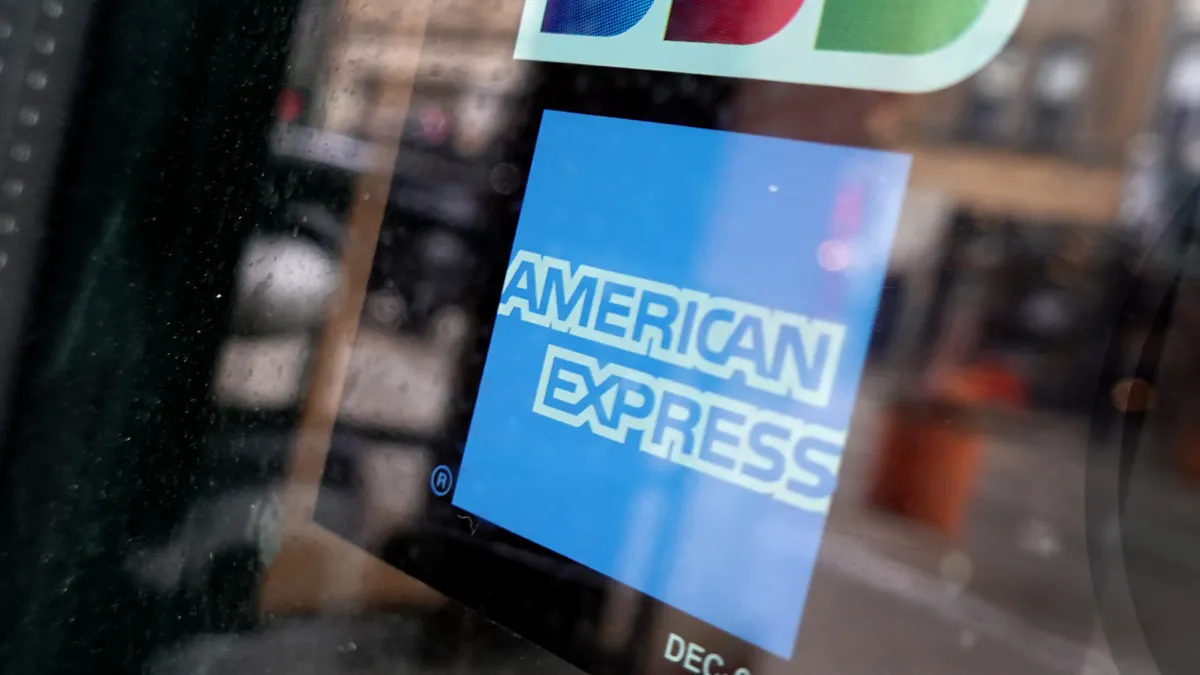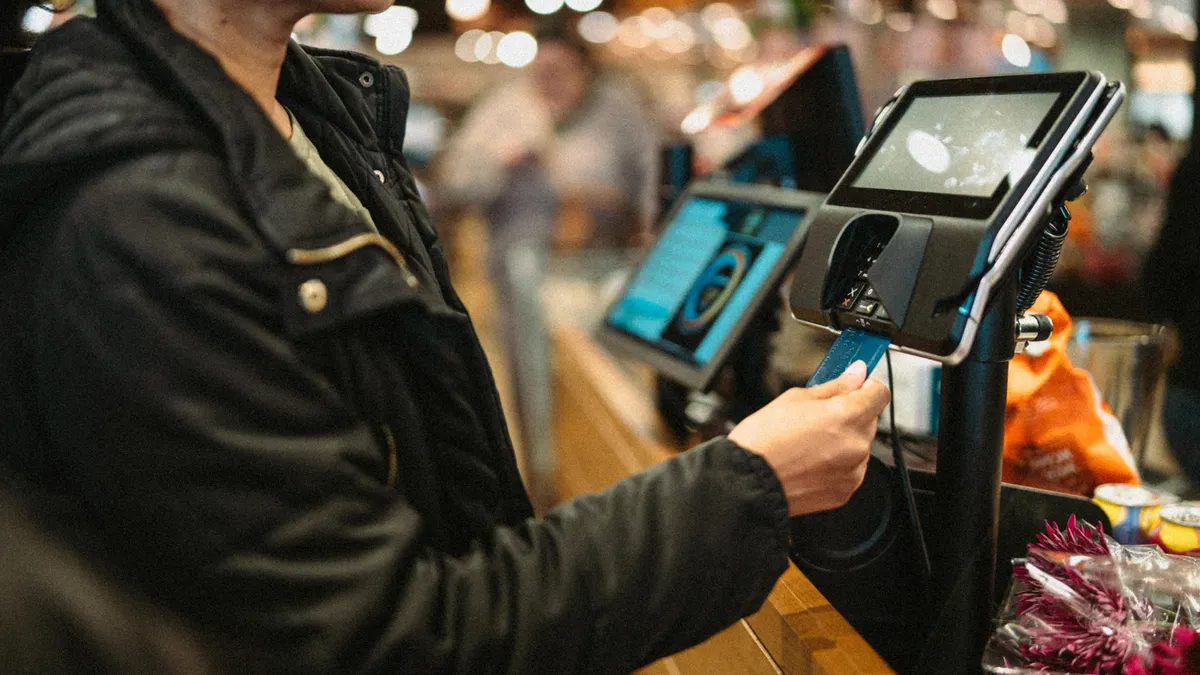Payment processing company Shift4 has plans for more purchases this year following last week’s acquisition announcements, CEO Jared Isaacman said.
Allentown, Pennsylvania-based Shift4 announced last week it’s buying cross-border payments company Finaro and cryptocurrency donations firm The Giving Block for a combined $579 million. The former expands Shift4’s bid for global commerce; the latter gives it an entrance into crypto and a leg up with nonprofits.
"We’re going into a climate now where we might find some opportunities that are great strategic fits, and we’re fortunate that we have a fair amount of firepower to put to work when they come along," Isaacman said. That's a change from last year when valuations were high, in his estimation.
Shift4 has about $1 billion in cash to work with as it eyes additional targets, Isaacman said. The company reported cash and cash equivalents of $1.23 billion as of the end of December, according to a filing with the Securities and Exchange Commission. It also had $1.74 billion in long-term debt, the filing showed.
As Shift4 prepares to expand globally, "we’re going to keep our eyes open to new verticals that are being underserved," Isaacman said, as well as those where the company isn't currently selling services.
Shift4 is "really just scratching the surface in e-commerce," and it doesn't have much presence in healthcare or business-to-business either so those are areas Shift4 may pursue, he said.
Although Finaro gives Shift4 a presence in Europe, Hong Kong and Japan, that leaves Central America and South America, Africa and much of the Asian Pacific market open, Isaacman said.
Shift4’s space in a crowded field
Isaacman, 39, founded the payments company at age 16 in 1999 from his parent’s basement – "I hated high school" – and has seen the payments industry change plenty since then.
Shift4, which went public in June 2020, has carved out a niche for itself as a payments processor for businesses dealing with multiple types of software, in different versions, made by various companies, he said.
That’s particularly common in hospitality, where hotels and resorts contend with software for all of the components where payments need to be processed: room reservations, restaurants, ski rental, spas and more. Isaacman said 40% of the hospitality market and half of the Las Vegas strip use the company’s payment technology.
The company also works with theme parks and stadiums, serving about 100 properties in that category following last year’s $72 million acquisition of VenueNext.
Hospitality is an industry that’s been hit hard during the COVID-19 pandemic. The deadly virus affected Shift4’s performance throughout 2021 and early this year, Isaacman said during the company’s most recent earnings call.
Shift4 has reported annual losses for the past three years, most recently posting a $74 million loss for last year. Meanwhile, gross profit (essentially its revenue) has climbed 60% over that same period, rising to $278 million last year.
In the hospitality space, Shift4 competes with payments companies FreedomPay and Elavon, which also have integration libraries that serve that particular market. "People start scratching their heads when there’s more names than Square, PayPal, Adyen or Stripe," Isaacman said, but "there’s a lot of commerce to power."
"We’re like the largest integrated payments company no one’s ever heard of," he added.
That integrated capability is what Isaacman wants to expand globally, since it’s lacking in markets outside the U.S. There are hurdles, though. Making it as easy for a company to take payments in Peru, for example, as it is in India, "is incredibly hard," Isaacman said.
He singled out Adyen as the payments player that’s gotten closest to this, and said Shift4 wants to give it a run for its money. "We’re embarking on a really exciting challenge right now, to deliver a global commerce experience, hopefully on the same level or even surpass organizations like Adyen," Isaacman said.
There’s no shortage of rivals for Shift4. Some investors are concerned about the possibility that "incremental competitors" like Toast or Lightspeed may muscle into Shift4’s restaurant-related territory, and big names like Fidelity National Information Services, Block or Global Payments have had some success in the stadium space, said Darrin Peller, managing director of Wolfe Research.
"I think people are a little uneasy about competition," Peller said. Still, he sees Shift4 providing a "pretty unique solution, in terms of integration into different software, in a one-stop-shop fashion for those verticals."
Finaro, The Giving Block
The recent acquisitions paint a good picture of the direction Shift4 is headed, Isaacman said.
He called Finaro "probably the most strategic, in that it extends the reach of every one of our products and integrations into the European market." Given Shift4’s track record of revenue growth within the U.S., Isaacman said, the potential overseas is attractive, and the global capability that Tel Aviv-based Finaro brings supports Shift4’s partnership with SpaceX’s Starlink satellite internet service, as the payments processor for Starlink.
Peller believes "very few companies are as innovative as Shift4 and Jared are" in verticals such as the one Starlink falls within. Given Shift4’s presence in the U.S. hospitality market, the Finaro addition provides "a pretty strong pathway, potentially, for them to take those relationships and build them into Europe," Peller said.
Shift4 announced the company's entrance into the nonprofit arena last year with St. Jude Children’s Research Hospital, Isaacman said. Now, The Giving Block gives the company a leg up within the $500 billion addressable market. Pointing to crypto’s current popularity in assisting Ukrainians during Russia’s invasion, he expects crypto acceptance to be a burgeoning area for nonprofits.
Shift4 mainly looks to accelerate what The Giving Block is already doing, and Isaacman expects it’ll be a significant contributor to Shift4's financial performance in the years to come. A planned crypto innovation center will focus on bringing crypto acceptance and settlement capabilities across Shift4’s offerings.
'Second space age'
Aviation has been as much a part of Isaacman’s life as payments: He’s been a pilot for 18 years, and cofounded defense aerospace company Draken International in 2011, which he sold to The Blackstone Group in 2019.
"When I was 5 years old, I dreamed of going to space," he said. "Obviously, I never thought that was obtainable, because you have a better chance of getting struck by lightning than becoming a NASA astronaut."
He got his chance in September 2021, when he commanded the all-civilian space mission Inspiration 4, Elon Musk’s first SpaceX venture. Polaris, the next mission and first private space program, was created by Isaacman and Musk "with the idea of advancing humankind’s interest in space exploration and ultimately to make humankind a multi-planetary species," Isaacman said.
Polaris’s first launch is scheduled for November, Isaacman said, with second and third flights to follow. As private entities get into space exploration, "you’re really seeing the beginning of a second space age," Isaacman said. He wouldn’t share how much he’s contributed financially to the missions.






















